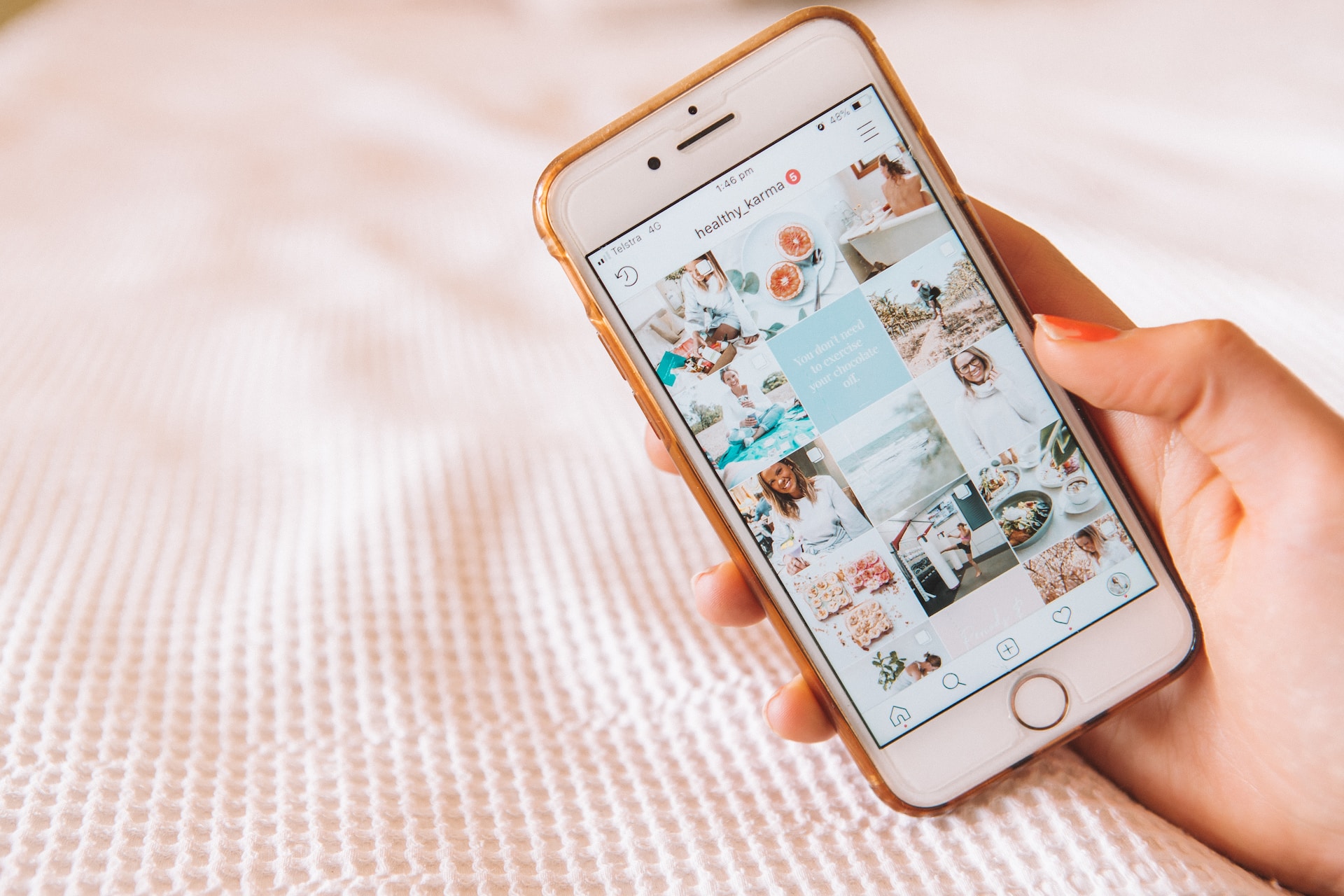
Comment Writer Ilina Jha argues that criticism of online influencers should focus more on the individuals rather than attacking common lifestyle habits.
Sarah Manavis’s Guardian article warns against what she calls ‘beige-fluencers’ and the lifestyles they promote – namely, lifestyles encouraging gratitude and romanticising your life, ideas which include: reading in a cute café, going on nature walks, and being mindful. Manavis is sceptical of the influencers who promote these lifestyles to their followers, and is rightly critical of the fact that influencers can, and often do, profit from promoting a particular lifestyle. Additionally, she is right to argue against a ‘monoculture.’ Life, Manavis says, should be ‘diverse and fulfilling; it should be fun.’ I agree.
The problem is that Manavis herself seems to have a very limited idea of what a ‘fulfilling’ and enjoyable life looks like.
What Manavis first fails to recognise is that some people may (shock horror) actually like, and even be suited to, structure and regime. Manavis slams the idea of having a daily routine; however, what she terms ‘narrow’ and ‘regimented’ can actually be helpful and, in fact, freeing for some people. I am autistic, and I know that for me and others on the spectrum, routine is what we gravitate towards and what makes us feel comfortable. I am sure that there also are people not on the spectrum who find routine and structure helpful.
‘Romanticising your life’… encourages you to view the simple, good things you have in life more positively, enabling you to feel more grateful
Another problem is that Manavis seems to misunderstand ‘romanticising your life’. She seems to view it as a way of encouraging people to settle for less, to not strive for more in their life. But this is not the case at all. ‘Romanticising your life’ does not encourage you to settle for less or not work for things you want; it simply encourages you to view the simple, good things you have in life more positively, enabling you to feel more grateful and happy on a day-to-day basis. Plus, capitalism constantly makes us feel like what we have isn’t enough, so having a core gratitude for what you do have can help your life feel better right now.
Moreover, Manavis describes things such as ‘healthy routines,’ ‘committing to long-term monogamous relationships,’ and ‘nights in over nights out’ as boring. I cannot see what is boring about any of these. They’re not for everyone, but that does not mean you should instantly discredit them as ‘boring.’ I try to be healthy; I am interested in long-term, monogamous relationships rather than one-night stands or short-term flings; and ‘nights in over nights out’ are, as any introvert will tell you, the dream. Am I boring for preferring a night in with friends and family, playing card games, and chatting, instead of a night out in a packed, sweaty, heaving nightclub playing music I don’t know and featuring potential dangerous situations? I don’t think so.
Social liberalism involves embracing differences of opinion and taste, as long as they are not hateful or discriminatory
Next, Manavis claims that ‘despite their reputation for social liberalism, many young people champion a more puritanical approach to things such as sex, dating, and drinking.’ In my experience, it’s less ‘champion[ing]’ a particular approach and more expressing personal preferences – which does not go against social liberalism. I consider myself to be a liberal person, and I don’t drink, and I am interested in serious rather than casual dating. These are my personal preferences, but I don’t expect others to follow them. Indeed, I would suggest that social liberalism involves embracing differences of opinion and taste, as long as they are not hateful or discriminatory.
Furthermore, Manavis suggests that my kind of preferences regarding ‘sex, dating, and drinking’ are aligned with ‘heteronormative’ lifestyles, which is a huge generalisation – I don’t see that choosing not to drink or choosing not to engage in lots of casual sex has anything to do with your sexuality. I am a queer woman, and for Manavis to suggest that my personal preferences around sex, relationships, and drinking are ‘heteronormative’ is very insulting.
So overall, while Manavis raises some valid concerns over influencers profiting hugely off promoting a lifestyle and selling products, she seems to focus less on criticising these influencers and more on criticising lifestyle choices that, in my experience, some people actually do like. It feels like she is telling me: ‘Don’t stay at home and go to bed at 10pm. That is boring. You must go clubbing, get drunk, and have some casual sex.’
Well, Manavis. I’m an autistic, introverted bookworm who likes to get up earlier rather than later, enjoys reading and walks, and would rather spend an evening curled up with a book or spending time with family and friends than going to a club and hooking up with a stranger. If that makes me boring to you, so be it: I would rather be boring and happy than interesting and miserable.
Find more Comment articles here:
We Need Alcohol-Free LGBTQ+ Spaces
The Beauty Industry and Cosmetic Surgery: Influences and Pressures on the Postmodern Body
Comments